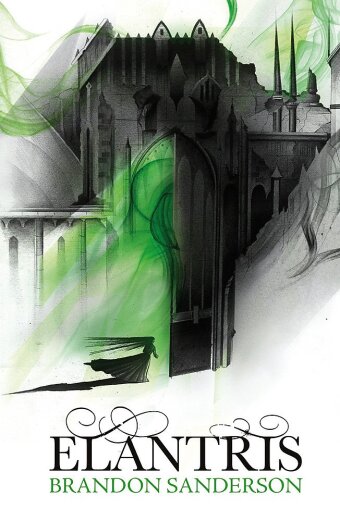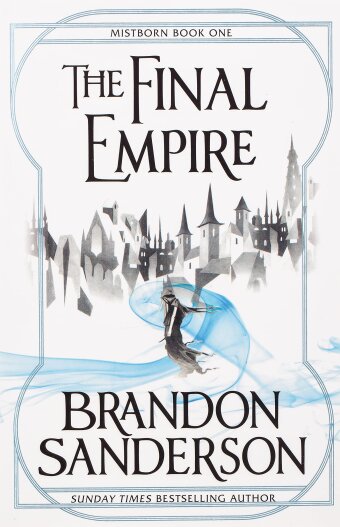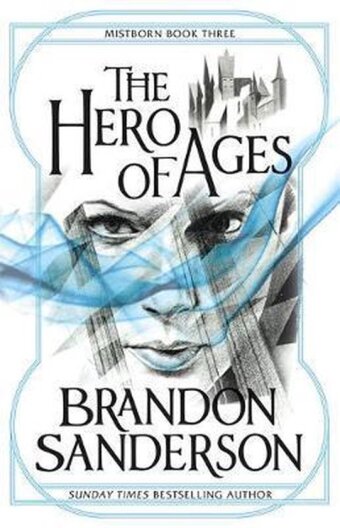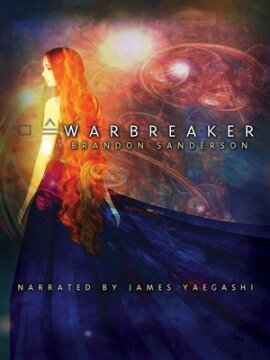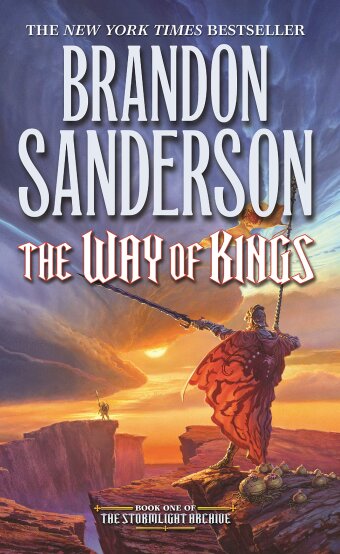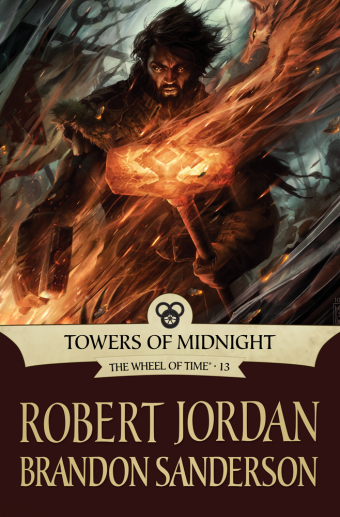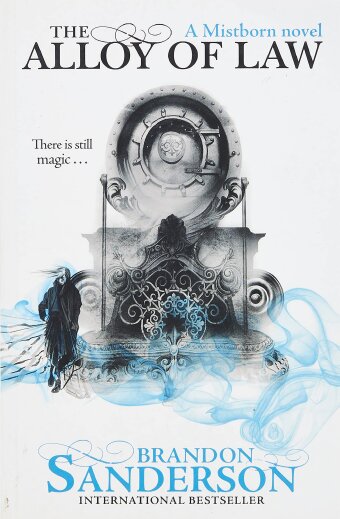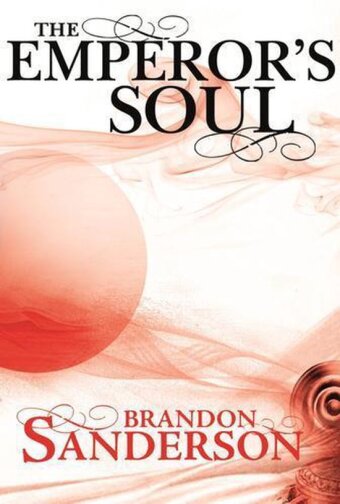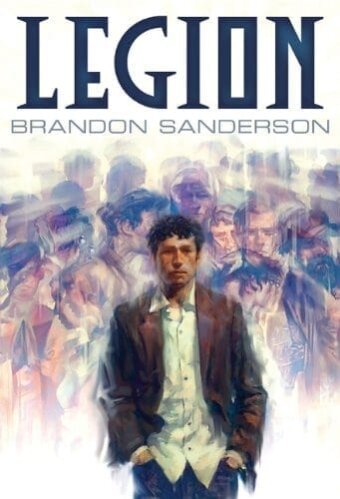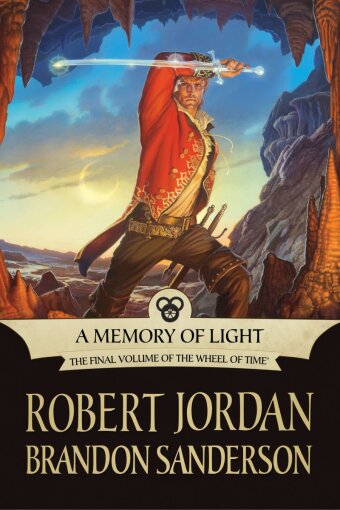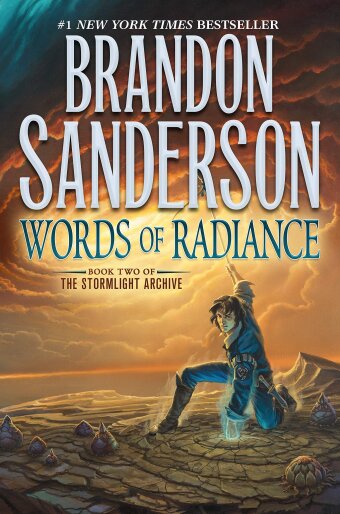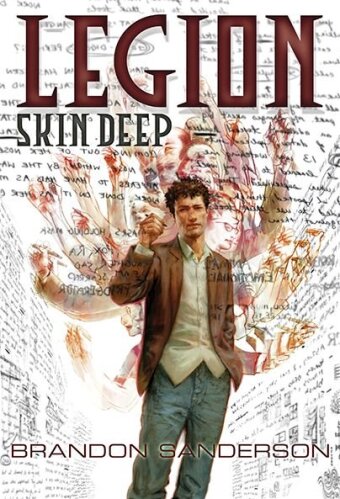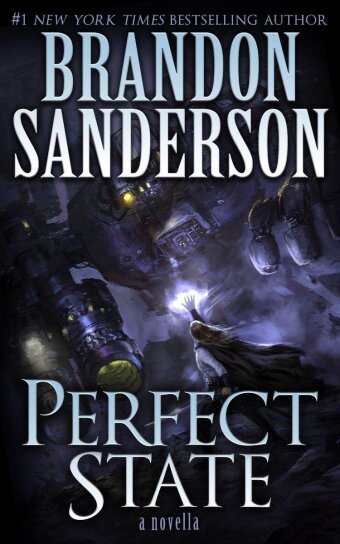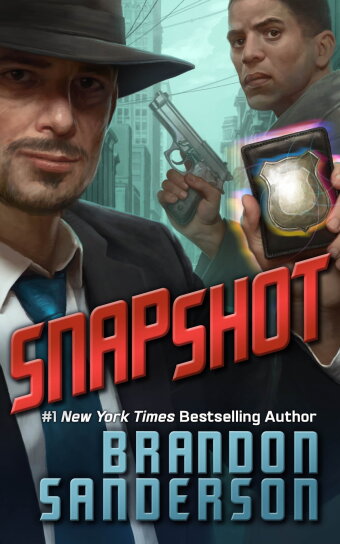I find it hard to give an overall review / impression of “The Well of Ascension”. The first half of the book is a totally different read than the second part. Maybe I should just review each of them separately.
The First Half (3.25 stars)
When comparing this book to the previous one in the series I notice a similar theme going on.
Where the first book focuses on an oppressed, abused people trying to overthrow the tyrants that rule them, using some elaborate “ocean’s eleven”-scheme - and the same light hearted humor used in said movie, the second book focuses for the most part on what is supposed to happen next, something that you probably wouldn’t think about when you put the first book down (What I call the “Hollywood”-effect, or the “They-all-live-happily-ever-after”-effect).
What do you do when you’ve overthrown your tyrants? The only life you have ever known, the only stability you ever had? True, your life was shit before, but at least you knew the shit you were in, you knew what to expect out of life. Now that you’re left without a ruler, how do you move forward? What do you do, when your newly founded, idealistic, democratic, … government is put under pressure by other neighboring tyrants who want to move into the current power vacuum to claim your life for themselves?
This theme makes these books more a “political” read then anything else. Not that this is a bad thing, but it certainly wasn’t what I had expected.
What struck me though, was that in “The Last Empire” this theme was a thin red wire, running throughout an action packed, plot-twisting story with a lighthearted, almost cynical, kind of humor (coming mostly from the crew members and their stance to one another). In “The Well of Ascension” on the other hand, the thin red wire is replaced by a big fat red boat-rope. The theme is almost constantly front and center resulting in long philosophical dialog that discusses the pro’s and cons of running a democracy as opposed to living under a single autocratic ruler. While I personally find these trains of though very interesting, I can’t help but wish that the pace would just pick up a bit, stir some more action into the story. The occasional action scene just isn’t enough to interrupt the constant pondering.
Strangely enough, the book still manages to intrigue just enough to keep me invested and I haven’t felt the urge to put it down. I find myself being far more drawn to the story-arc of Vin than that of Elend. Although, admittedly, Vin’s constant self-loathing is getting quite repetitive and I have a much easier time to identify myself with the character of Elend and his struggles. I guess that I like Vin’s arc a lot more because it appeals to the fantasy aspect of the story and NOT the political side.
Overall, I liked it, but there are numerous ways this could have been improved in my opinion.
General observations
-
Where the previous book also put question marks on the religious side of a nation ruled by a god-king, the religious aspect isn’t really addressed in the second part. I wonder why this is so left out?
-
Why on earth does Sanderson constantly use the same sentence construction over and over again:
- [character name] paused - it gets really repetitive over time
- “bla blah”, [character name] said, “bleh blaaah bleeeh” - seriously, in a conversion between two people it is NOT necessary to indicate on every sentence who is saying it, your readers aren’t complete idiots that they can’t figure out how a conversation works. Just using quote marks or simple indentation would do just fine. If you must insist on mentioning this in every other line of dialog, can you please use some variation in stead of constantly using the characters name? e.g he/she said (gender) / the terrisman / the kandra said (race)
The Second Half (4.75 stars)
The second half of the book makes me glad that I stuck through the first half. It’s a constant tense, action-packed rollercoaster that has only a few brief stops for you to catch your breath. I finished it over a weekend. A lot of questions are raised, a lot are answered, and yet, when the book ends you still have questions, but just enough feeling of satisfaction that it doesn’t matter. It just makes you want to jump into the last part as soon as possible.
Vin finally gets over herself and starts kicking ass, so does Elend btw, which makes both characters a lot more loveable.
Overall, the story made a lot of sense and again I appreciate the fact that it doesn’t end with “they all lived happily ever after”. There is drama and there is joy, but both are in balance.
The addition of several big plot twists made was very enjoyable and therefor I give the second part 4.75 stars.
On average I’ll rate this 4 stars, I’m inclined to rate higher, but that’s just because the book ends with such a rush, that I feel like forgetting the first part entirely in favor of the second. But let’s try to give a realistic rating here.
